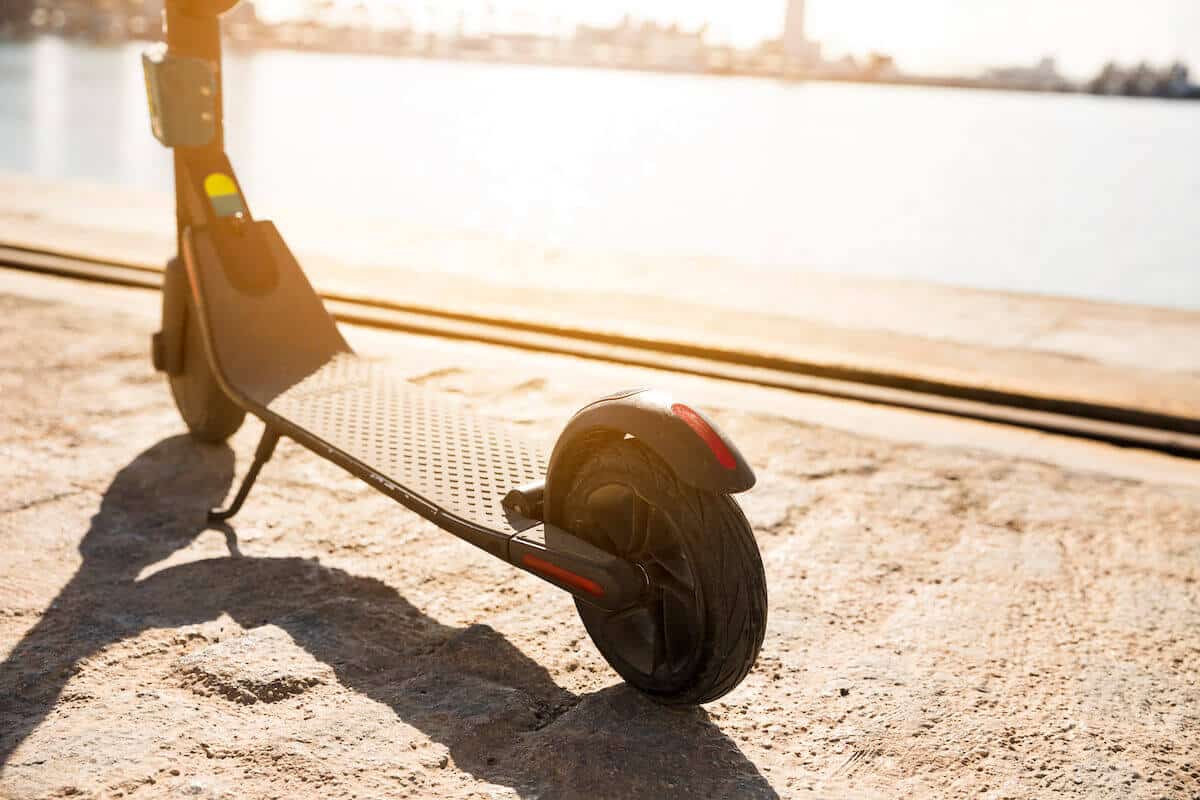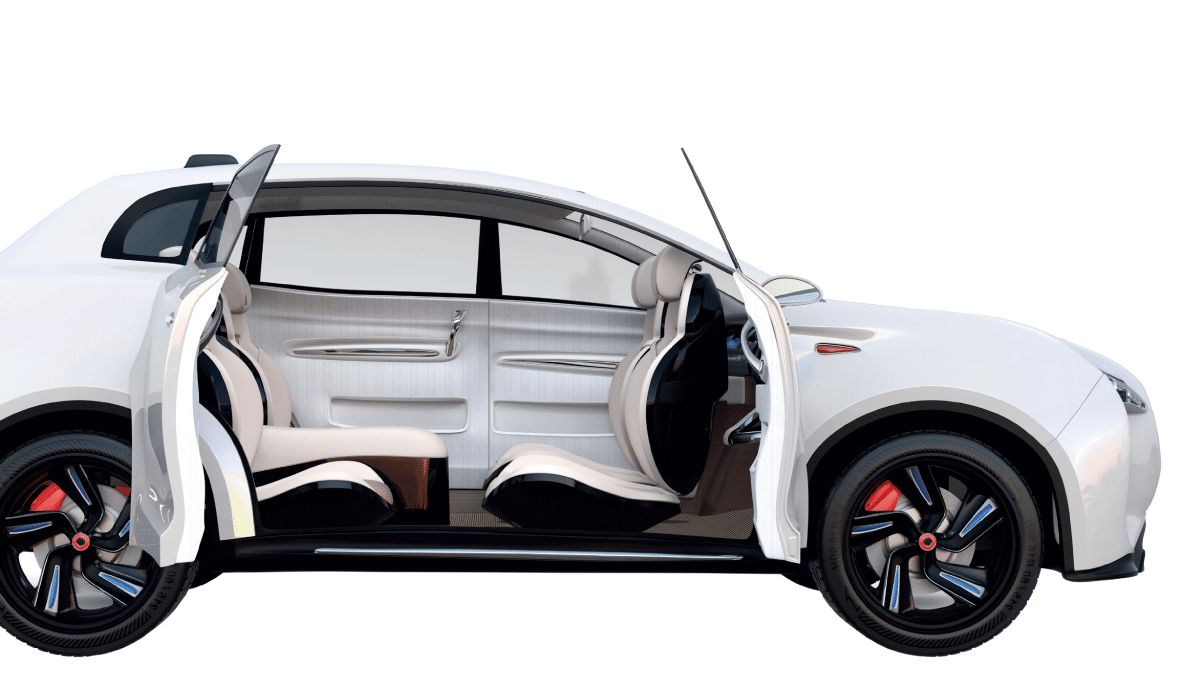Key Takeaways
Update: We’ve released a new whitepaper examining the Sharing Economy industry. We dive into the insurance landscape, legal climate and how to approach risk management for companies in this sector. You can download the report here! Most business owners know that general liability, property and workers compensation policies are essential to managing risk, especially during the early stages. However, those policies often don’t include a hired and non owned auto coverage.
When a company owns vehicles that employees use in the course of business, it is standard practice to purchase a commercial auto insurance policy. But what if there are no autos that are registered to the business? Most would assume then there is no need for auto liability. This is the typical thinking, and while it may seem logical (no autos = no need for auto coverage), it is not exactly correct.
Skipping the hired and non-owned coverage may end up costing you thousands of dollars. Still not convinced? See below for how this coverage can protect your business, claim examples, and a comparison of the coverages that hired and non-owned policy provides vs. the regular commercial auto policy.
What is commercial auto insurance?
A commercial auto policy is designed to protect the vehicles that a company owns and their drivers in the case of an accident. Personal auto policies typically exclude business exposures, so a commercial policy is a necessity. Just like a personal auto policy, a commercial auto policy consists of:
- Liability coverage – will pay for the damage you cause to another vehicle, property or person as well as legal fees.
- Physical damage (comprehensive and collision) – will pay for the damage to your vehicle
- Medical payments – the cost of medical payments to you and your passengers, regardless of who was at fault in the accident
- Uninsured/Underinsured motorist – coverage for the damage to your car or your injuries if the person who hit you has no insurance or not enough insurance.
What is hired and non-owned auto insurance (HNOA)?
So what happens when your employee gets into her personal vehicle to drive to the bank to make a deposit? Or your salesperson, uses his own car to drive to a client meeting? Does a commercial auto policy cover them if they get into an accident?
Since these cars are their personal vehicles and are not owned by your business, the answer is no. Most people assume that personal auto policy will take care of everything should an accident happen. It is partially correct. A personal auto policy will cover damage to the vehicle itself. However, if the driver is at fault, not only they can be sued for damages, but your business can be sued separately. The only policy that will respond to this lawsuit on behalf of your business is a hired and non-owned auto policy.
Hired and non-owned auto coverage has been designed specifically for these cases – it covers liability and medical payments for the vehicles that you hire (i.e. rental vehicles) or borrow (i.e. personal vehicles of your employees that are “borrowed” for business use).
It’s important to note that this coverage will not cover accidents that happen during your employees’ commute time or if they run a personal errand. The coverage is strictly for business use.
Primary vs. secondary
When you drive a rental vehicle, the hired auto liability portion of your HNOA coverage applies on a secondary basis. It means that it pays only after the limits on the primary insurance for that vehicle (for example insurance that the rental agency has provided, as required by state law) have been exhausted.
Claim example and an important coverage distinction
Let’s imagine that your star salesperson, John, attends a conference in Chicago. He rents a car at the airport, and on the way to the meeting, he causes an accident that sends three people to the hospital with severe injuries.
If the vehicle was rented in company’s name, the hired portion of the HNOA will respond and pay for liability for their injuries as well as any legal repercussions. If the vehicle is rented in John’s name, the non-owned portion of the coverage will respond.
These two coverages can be purchased separately (i.e., you might have only “hired auto” coverage bought), but having both coverages is essential. It is also generally recommended to have your employees rent vehicles under the company’s name to avoid any sticky coverage situations.
HNOA vs Commercial Auto what’s the difference?
We have compiled a handy table to show the differences at a glance:
| Non-owned | Hired | Commercial Auto | |
|---|---|---|---|
| Type of vehicle | Employees’ personal vehicles | Vehicles that are leased or rented | Vehicles that are owned by the business |
| Personal Use | Not covered (the only coverage will come from the personal auto policy on that vehicle) | Not covered (the only coverage will come from the personal auto policy on that vehicle) | Covered |
| Coverages Provided | – Liability for property damage
– Liability for bodily injury |
– Liability for property damage – Liability for bodily injury – Physical damage may be purchased and will apply on a primary basis |
– Liability for property damage – Medical coverage – Physical damage – Uninsured / underinsured motorist |
Who needs HNOA Insurance?
Below are a few more examples of situations where HNOA insurance would be used.
- CEO using her personal vehicle to drive to a board meeting
- An employee offering to use their car to deliver important paperwork to a customer because all company autos are in use
- A company hiring a limo to drive a board member from the airport to the office
- An employee running to a nearby store to pick up office supplies using his person car
- A construction worker running to Home Depot to pick some additional tools he needs
Any situation that you can imagine that involves an employee or an executive using a rental car or a car not registered to the business, will require HNOA policy to protect your business adequately.
How much does HNOA Insurance cost?
As with any insurance policy, the cost depends on a couple of factors.
Non-owned coverage: The rate depends on the number of employees in your company as well as your location. The more employees you have, the higher the premium just because there are more chances of someone driving their car and an accident occurring.
Hired coverage: Here, the premium depends on the cost of hire, i.e., the annual cost of renting vehicles. Typically you will be asked to estimate your rental car costs at the beginning of the policy. Once the year is over, some insurance may ask you for your actual costs and could bill you (or provide a refund) for the difference.
As you look around your office, consider if any of the above situations could be applied to you. Has any employee ever used their personal auto for business use? Have you ever rented a car to use in the course of business? Understanding coi in business ensures that you have the necessary documentation to protect your business adequately. Whether you purchase a stand-alone HNOA policy or add the coverage as an endorsement to your current general liability policy, this coverage can save you serious money in case of an accident.
Insurance Rebuilt, End-to-End

|
|
|---|










